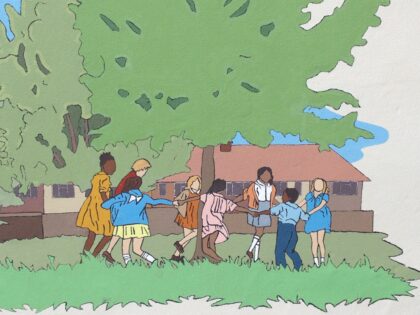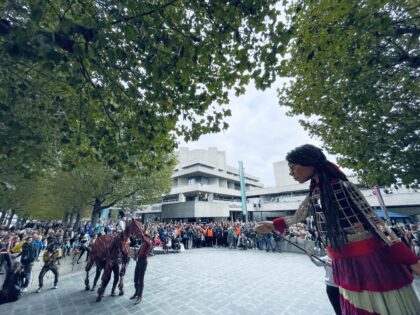welcome
Care, to me, is a form of courage. In my life, I have carried pain, not as a burden but as a teacher. I have turned that learning into frameworks, spaces, and words, that have helped others feel less alone, more heard, and more whole.
In a world that often forgets its responsibility to the vulnerable, I chose to remember; to remember that listening is justice; to remember those who are silenced, excluded, or unseen; to remember that systems are made of people, and that people, when invited with dignity, something beautiful can still take root.
This website serves my deep democratic right to freely express my thoughts, stories and photos. It asks hard questions gently, plants quiet seeds in places that had forgotten how to grow, and aims to help people find safety where there had been harm and voice where there had been silence.
5 thoughts on “welcome”
Comments are closed.








Well done, Ioannis.
I wish you all the success in the world.
Vasco
Εξαιρετική δουλειά!
Fantastic!
Excellent work Giannis. I admire you for all the things than you have done and your passion and persistence to fight for the things that inspire you. I also liked the photo series and the fact that you share many links of other creative people like you.
All the best.
life from a different point of view…
Well done…
This ground of dialogue is valuable for art and theatre practitioners working with young people and for community work, as well as for youth groups aiming to unfold their artistic potential. Thank you!